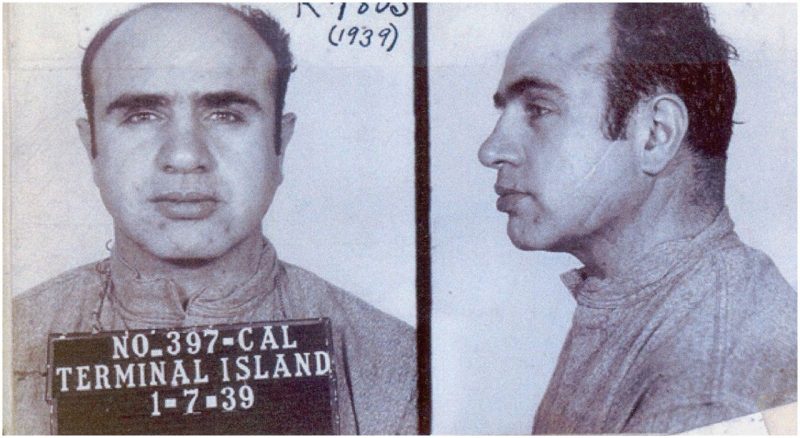There is evidence of the medicinal use of mold as far back as the ancient Egyptians, but it wasn’t until 1928 that Alexander Fleming isolated a culture of Penicillium chrysogenum and brought about a revolution in medicine.
Fleming’s findings were substantial, but without the necessary funding, he could not make the next leap forward. It wasn’t until 1938 that a team led by Dr. Howard Florey had the funding and expertise to investigate the antibacterial properties of penicillin further.
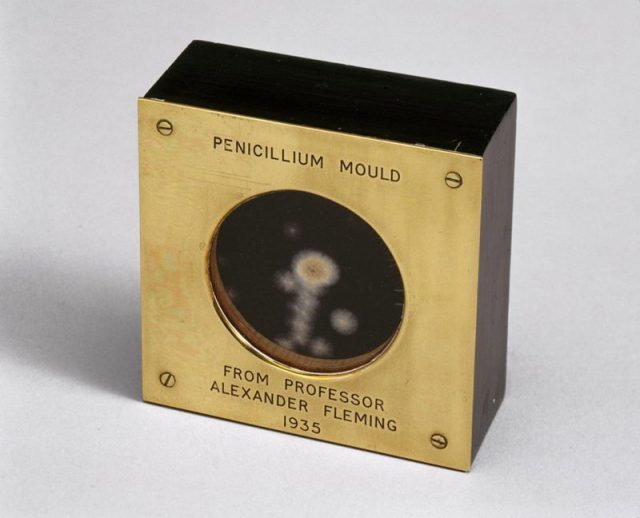
In Chicago in 1928, a young Al Capone was busy making his own mark on history. The 29-year-old Capone had by this time been the boss of the Chicago Outfit for three years.
He had overseen a growth in fortunes for the gang which happened to coincide with a spate of bombings and murders that went uninvestigated by authorities who were lining their pockets with mafia money.

Capone became something of a celebrity who would always be seen in the finest clothes dripping with jewelry and ready to spend cash on those less fortunate than himself.
According to History Channel, when Capone first arrived in Chicago in 1920, he was already recruited to the mob. His first job was at a brothel owned by mafia boss ‘Big Jim’ Colosimo.
He was great at his job, and he enjoyed the perks that came along with it. It was widely agreed that this is where Capone first contracted syphilis.
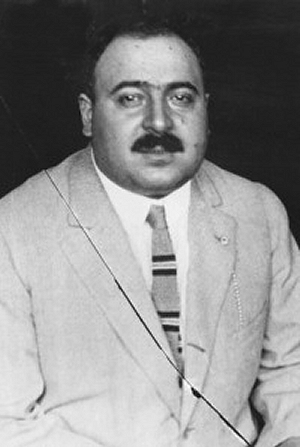
Syphilis is one of the first diseases to be written about after the invention of the printing press and is the first disease to be recognized as sexually transmitted.
Before the production of penicillin on a mass scale, treatments for syphilis included inducing fevers through administering malaria and an organoarsenical called Salvarsan.
The most notorious American Gangsters of the Prohibition Era
While both were effective to a certain degree, it wasn’t until 1941 that the science behind penicillin created a stable substance that could be produced in large quantities.
It is thanks to the scientific breakthroughs of the Oxford lab run by Dr. Florey and his talents as a salesman that the U.S. Army started to produce penicillin on a population size scale.
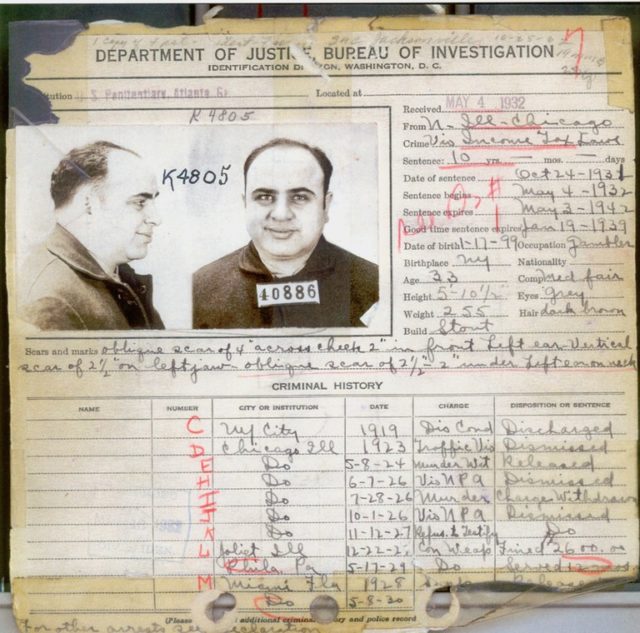
In 1931, Al Capone was finally arrested and imprisoned. The authorities were not able to make any charges stick except tax evasion, for which he was given 11 years. It was during his incarceration that he began to exhibit the first signs of neurosyphilis.
Related Video: Hilarious 1920s Gangster Slang
https://youtu.be/t121Dj_6cro
According to PBS, by the time of his transfer to Alcatraz he was fully in the grip of syphilis, exhibiting increasing confusion and disorientation and decreased mental facilities.
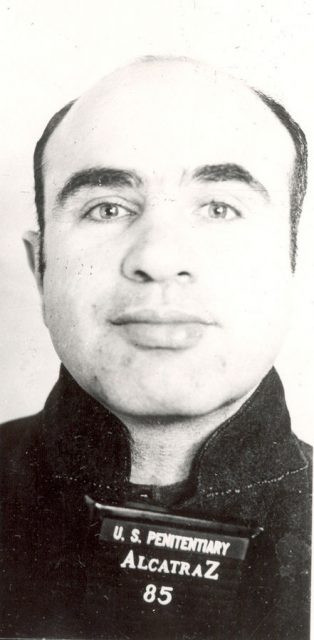
Capone’s loyal wife Mae appealed to the court to release her husband based on his reduced mental capabilities, and in 1939 Capone was released on “good behavior” into her care. Upon his release, the family tried in vain to find a way to help improve Capones worsening mental and physical state.
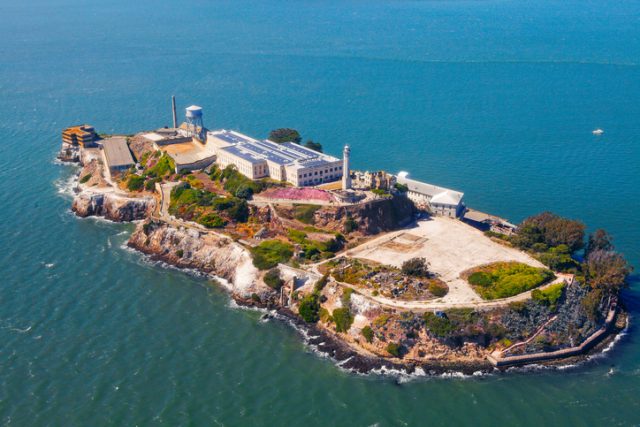
By 1942, Capone was under the care of Dr. Joseph Moore, a leading expert in syphilis, who was able to get a supply of the newly created penicillin drug. He administered it to Capone making him one of the first syphilis patients in history to be treated with penicillin.
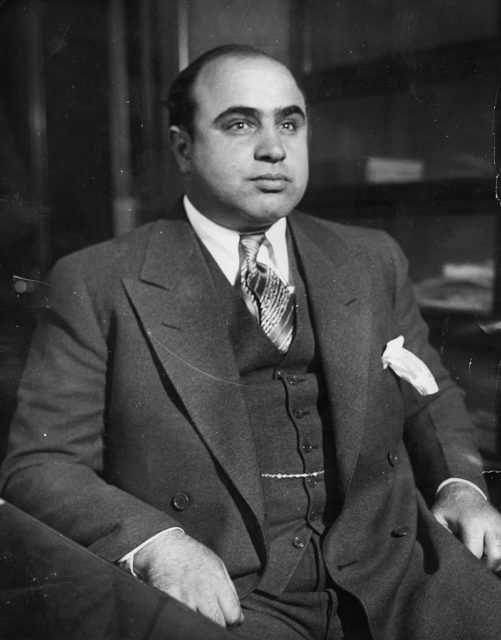
Unfortunately for Capone it was too late to reverse the damage that his advanced syphilis had done to his abilities. By this point he was regularly hallucinating and suffered epilepsy type seizures, but it did halt the progression of the disease. In 1946, a year before his death, Capone was assessed as having the mentality of a 12-year-old.
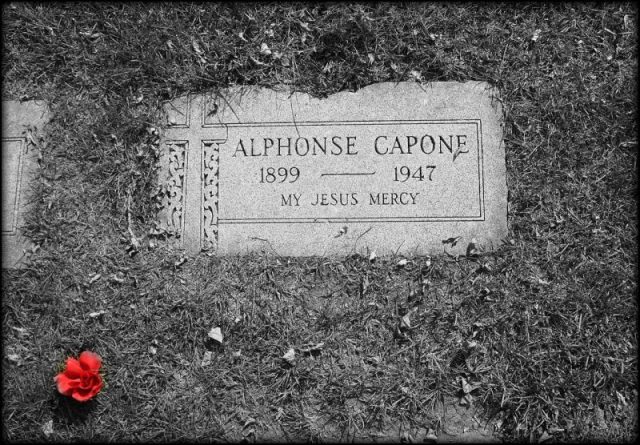
Capone died in 1947 of a reported cardiac arrest following a bout of pneumonia that he contracted after a stroke — he was 48 years old. Syphilis has gone from being one of the longest-running epidemics in human history to an easily curable disease.
Read another story from us: Joe DiMaggio and the Mysterious End of Marilyn Monroe
A course of antibiotics if administered in the primary, secondary and latent stages of the disease will completely cure a person but will not fix any damage that may have been done to the nervous system.
